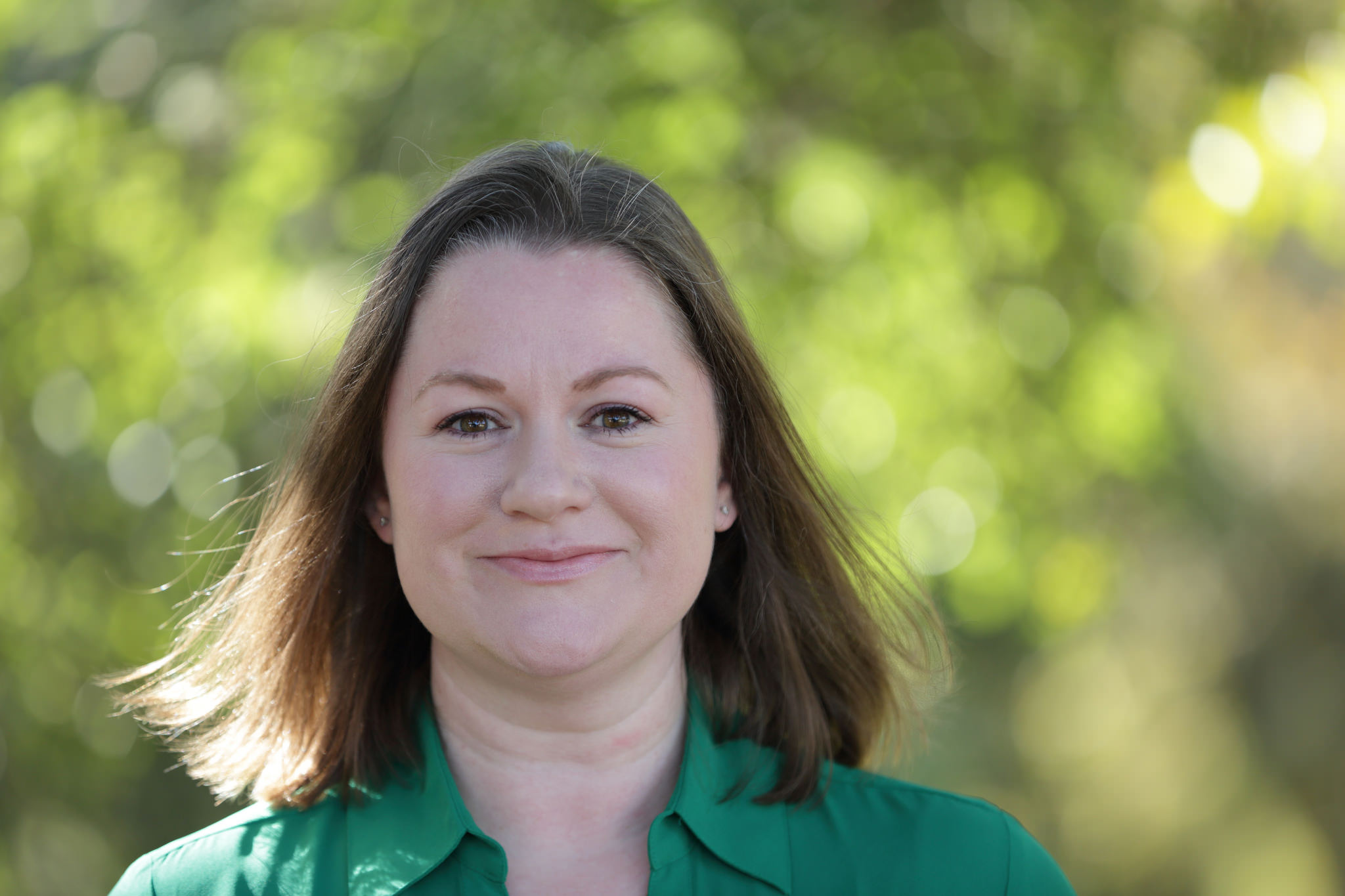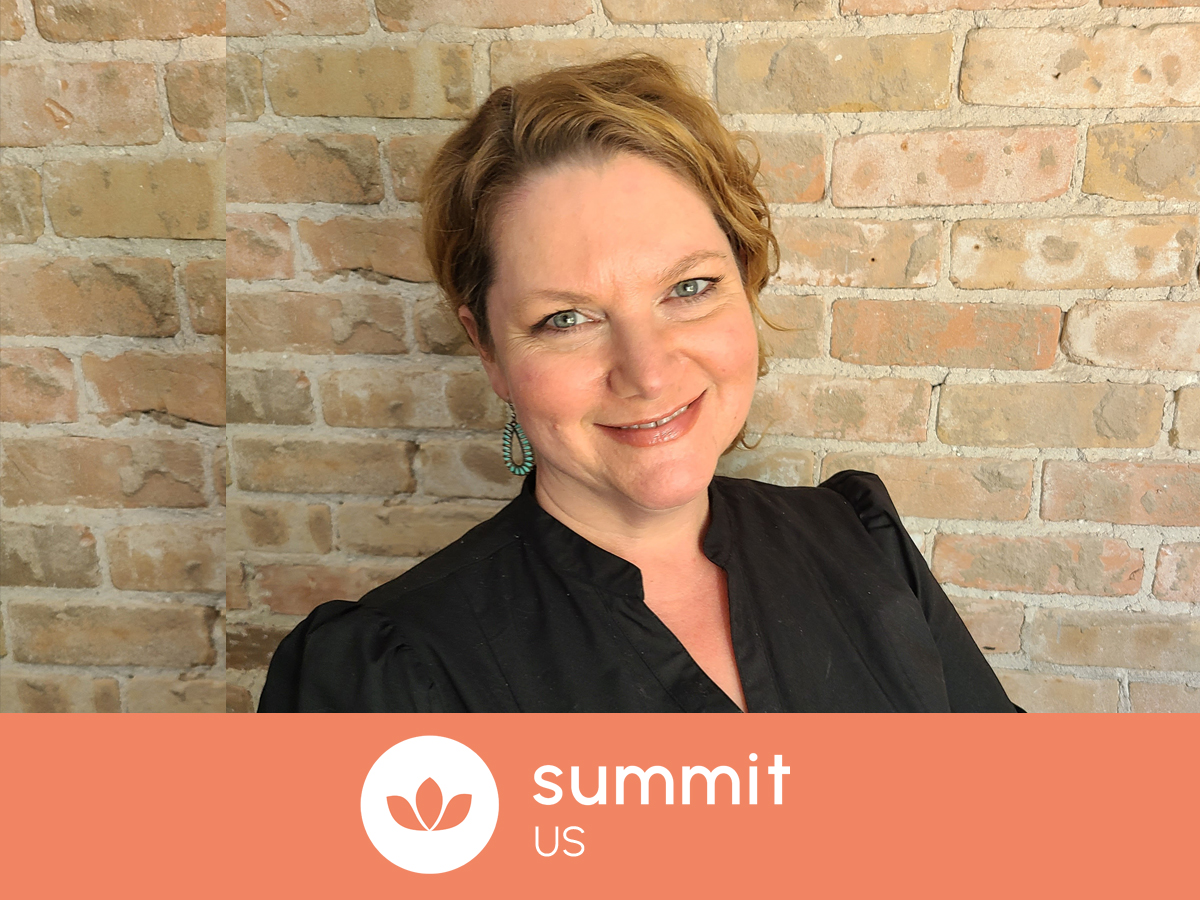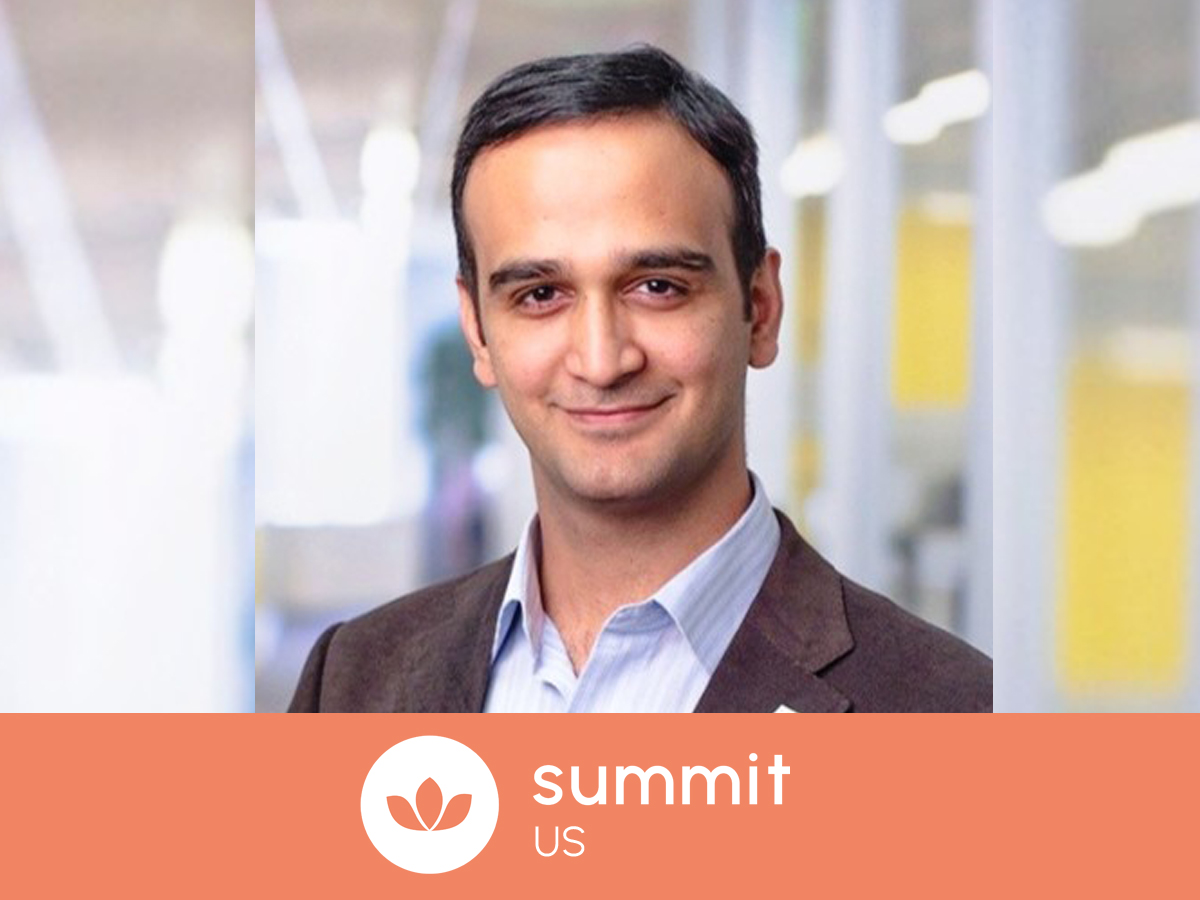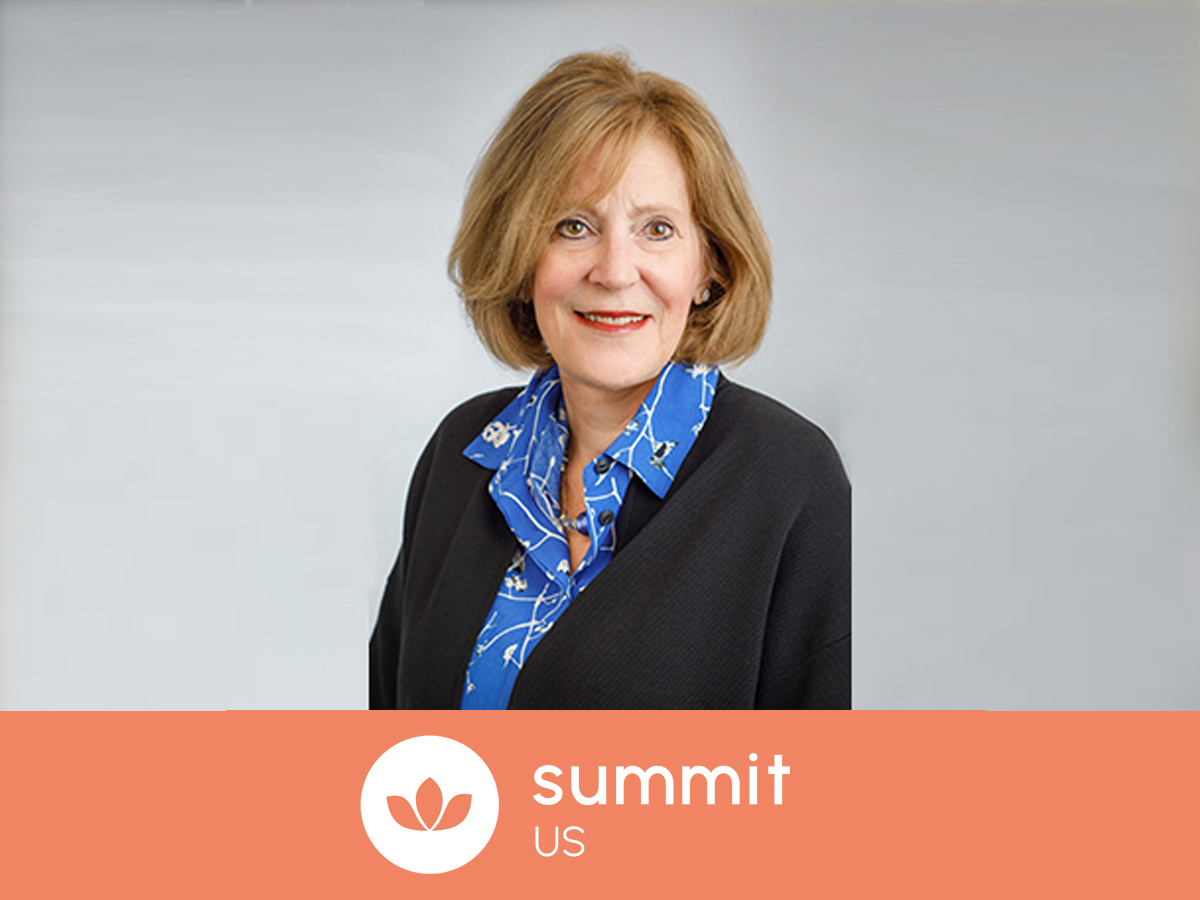
Grayson is the Head of Human Resources at Mighty Coconut, an independent entertainment studio specializing in immersive virtual reality game development, animation, and visual effects. Grayson’s 15+ years of experience include senior HR leadership roles at the nonprofit news outlet The Texas Tribune and at The Contemporary Austin, an art museum in Texas’ capital city. She’s a graduate of The University of Texas at Austin, and holds SHRM-SCP certification, Inclusive Workplace Culture credential, and is Dare to Lead certified through the Brené Brown Education and Research Group.
We are delighted that Grayson will be speaking in Austin, Texas as part of our US summit. We caught up with her to see how she’s feeling in the runup to the event.
Hi Grayson, we are thrilled that you will be speaking at the Wellbeing at Work US Summit in March. Our first and most important question is, how are you doing today??
I’m grateful today – grateful for a career I find fulfilling, a family I love, and good health. Thank you for asking.
As a leader based in the region, what are the main challenges you are facing when it comes to employee wellbeing and mental health?
A perennial challenge is supporting employees when the world around us is so stressful. There’s a lot of pain and hardship people face every day, and this affects their overall wellbeing, sometimes in very direct and personal ways. I think it’s important to acknowledge the toll this takes on us as human beings.
What strategies have you seen developing over the past 6 months, both internally and externally, that are moving the dial on wellbeing in the workplace?
I think a counter-effective strategy I’ve seen pick up pace in recent months is the prevalence of rigid return-to-office policies. I think this really moves the dial in the wrong direction. We know employees are happiest when they have flexibility in their work life. I think recruitment and retention will dip when flexibility is removed.
Why is employee wellbeing so important to you personally?
I’ve experienced the stressors of working in environments where employee wellbeing isn’t a priority – where burnout and overwhelm were worn almost as badges of honor. And on the flip side, I’ve experienced workplaces where employee health and balance were taken seriously as a high priority. If we take care of our employees, the positive results on productivity, culture, and retention will follow – I really believe that. Modern people leaders have a choice in this – it’s entirely possible to rewrite the rules a bit to improve the employee experience. It just takes creative thinking, trust, and a willingness to try new things.
What impact is AI having in your organization and how are you managing that?
We’re not actively using AI at Mighty Coconut. We’re a small, independent game development studio with many artists and engineers building the game, so it’s important for us to support original work made by real humans. But we’re paying attention to what’s happening in AI and discussing the industry trends. There are certainly powerful use cases, for example, in administrative HR work like drafting announcements.
Other than AI, are there any challenges that you are seeing for the first time and how are you addressing them?
I do think there’s a growing generational gap in the quality of the employee experience. One downside to increased remote work and distributed teams is that earlier careers workers get less face-time with colleagues that help them build relationships, gain valuable mentorship, and just generally learn how the workplace functions. It can be a difficult and isolating way to navigate those formative early years of your career.
What areas do you think employers should be focused on over the next 12 months?
Employers should focus on preserving the positive impacts of DEIB principles (diversity, equity, inclusion, and belonging). With the recent erasure of policies and programs, there’s real risk of reversing the good that workplace cultures have seen in this space – efforts that celebrate how much better we are when we have different backgrounds and lived experiences.
Do you feel that investment in employee wellbeing in the region is increasing or decreasing and is that a direct reflection on HR leaders’ increasing ability to demonstrate effective returns of their strategies to leadership?
It’s a complicated question, and I think it really depends on the company and its leadership. Austin is a very tech forward city, and that often comes with deeper investment in caring for employees’ wellbeing. But it’s also a university town and a government center, where resources are more limited – and where there are competing priorities. And I think the role of HR leaders in this work depends heavily on how much trust is placed in them by the executive team. It’s hard to make an impact if your hands are tied.
How has your organization been leading the way?
Mighty Coconut has built a strong culture of trust, creativity, and teamwork. They’ve been smart about pacing their growth, and they always put the wellbeing of employees – the coconuts – right up there with the quality of the game they’ve built and the player community they’ve cultivated. Employees feel that love and I think it comes through in their work – in the game itself. I’m so proud to be a part of this team.
Grayson will be speaking in Austin at the Wellbeing at Work Summit US which takes place in New York, Austin Texas and virtually. Further details on the Summit can be found here.



